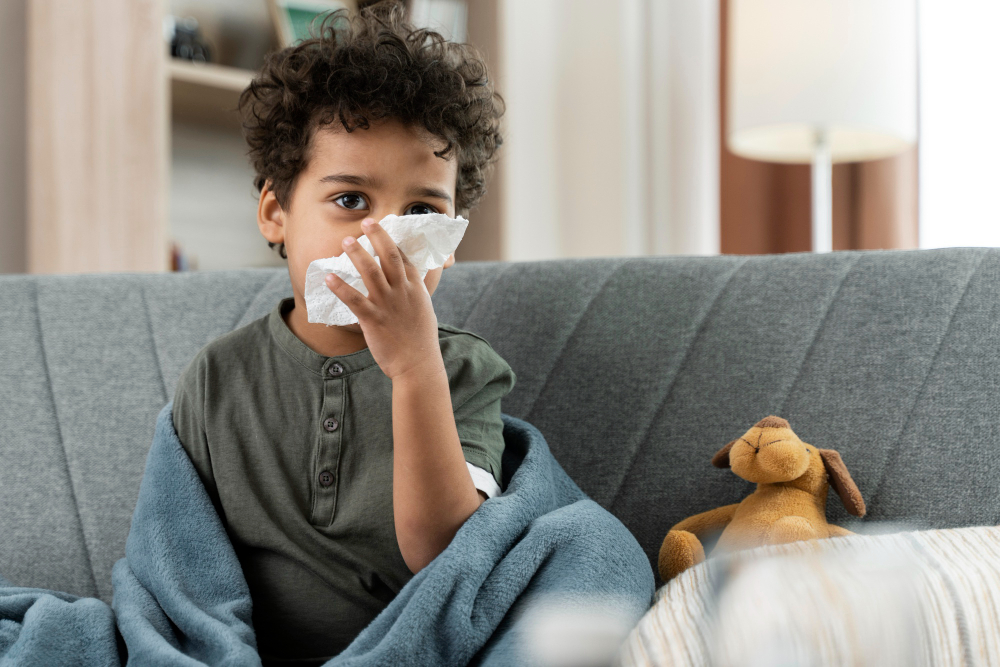What happens if you leave a child’s high fever untreated?
Leaving a child’s high fever untreated can lead to a range of outcomes, from mild, self-resolving conditions to severe, life-threatening complications. We will explore the implications, potential risks, and the importance of managing high fever in children. Understanding Fever in Children Fever is a common response to infection or illness in children, representing the body’s […]
What happens if you leave a child’s high fever untreated? Read More »









